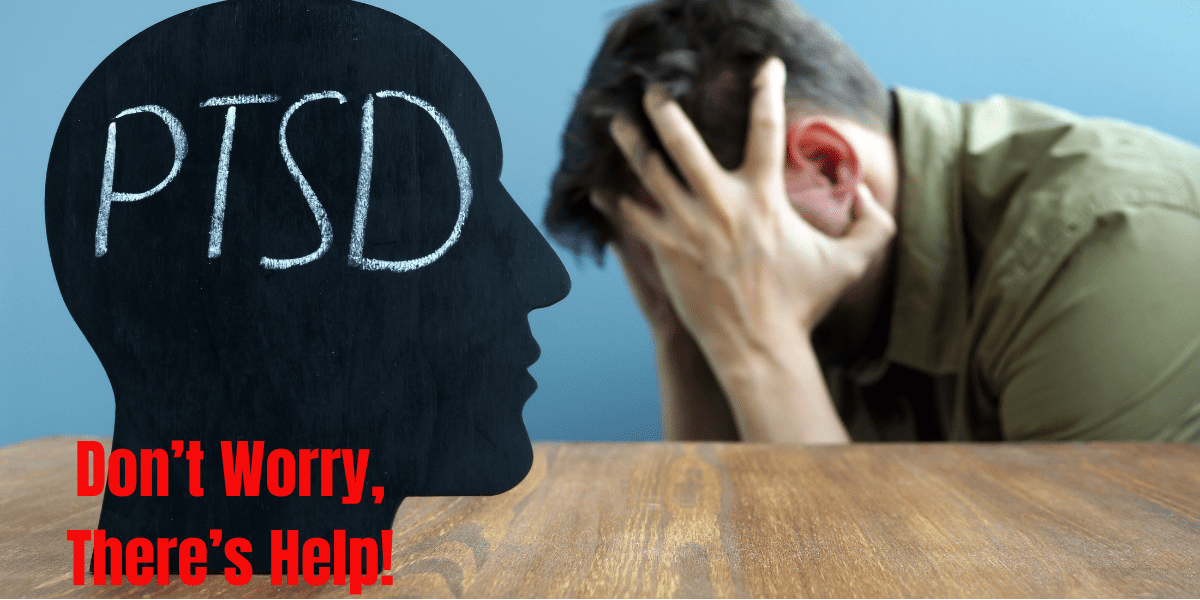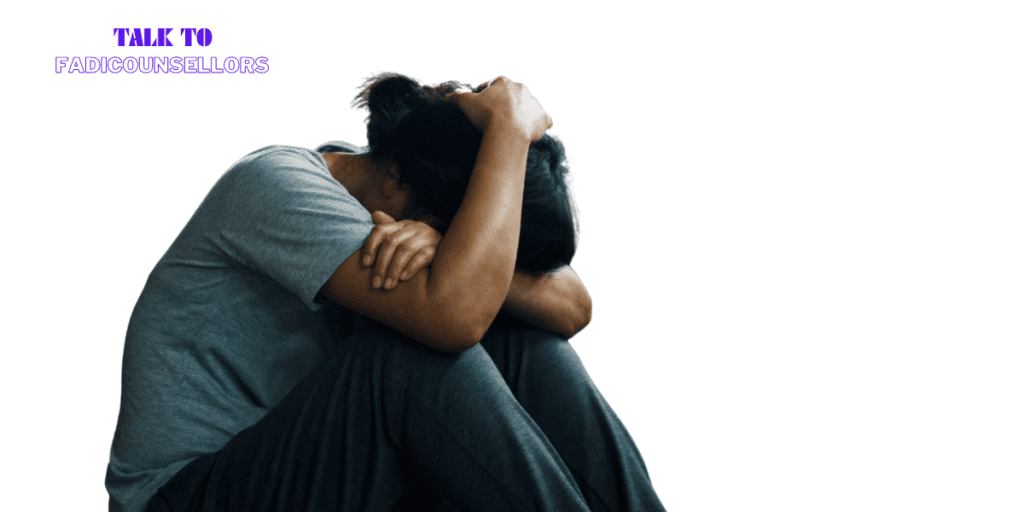
The Path to PTSD Healing
Navigating Mild PTSD healing with an Integrative Approach
Welcome, dear reader, to a journey of PTSD healing and resilience. In this blog post, we will traverse the landscape of mild Post Traumatic Stress Disorder (PTSD) with the aim of shedding light on its nuances, exploring its long-term effects, and ultimately, unveiling the profound benefits of seeking guidance from a seasoned Integrative Counsellor.
What is Post Traumatic Stress Disorder (PTSD)
Post-Traumatic Stress Disorder (PTSD) is a mental health condition stemming from exposure to traumatic events, such as combat, assault, or disasters. Individuals with PTSD may grapple with intrusive memories, avoidance of triggers, negative changes in mood and thinking, and heightened reactivity.
These symptoms, persisting for over a month and significantly impacting daily life, characterise PTSD. Seeking professional help, often through psychotherapy and sometimes medication, is crucial for managing and overcoming this condition. Prompt intervention enhances the prospects of recovery, restoring mental and emotional well-being.
It’s vital to recognise that the impact of PTSD extends beyond the mental realm, affecting relationships, work, and overall quality of life. Awareness of symptoms, coupled with timely support, is key. If you or someone you know is experiencing symptoms of PTSD, reaching out to mental health professionals can initiate a path towards healing and recovery. Understanding PTSD as a treatable condition empowers individuals to reclaim control over their lives and foster resilience in the face of trauma
Understanding Mild PTSD
Before we embark on our exploration, let’s define what mild PTSD entails. It’s essential to recognise that the effects of trauma vary, and mild symptoms might be subtle but can significantly impact one’s daily life. From persistent anxiety to intrusive memories, mild PTSD is a unique challenge that deserves attention.
The Long-Term Effects
While the term “mild” may suggest a less severe impact, the long-term effects of mild PTSD should not be underestimated. They can manifest in various aspects of life, affecting both mental and physical well-being.
Mental Health Implications
- Persistent Anxiety: Mild PTSD often accompanies a lingering sense of anxiety, impacting one’s ability to navigate everyday situations confidently.
- Intrusive Memories: Flashbacks and intrusive memories can disrupt daily life, making it challenging to focus and engage in activities without being haunted by the past.
- Emotional Numbness: Some individuals with mild PTSD may experience emotional numbness, creating a barrier to forming meaningful connections.
Physical Health Ramifications
- Sleep Disturbances: The mental toll of mild PTSD can manifest physically, leading to sleep disturbances and insomnia.
- Chronic Fatigue: The constant activation of the body’s stress response can result in chronic fatigue, affecting overall energy levels.
The Integrative Counselling Advantage
Now that we’ve explored the intricacies of mild PTSD, let’s delve into the transformative benefits of engaging with an experienced Integrative Counsellor.
Why Choose Integrative Counselling For Your PTSD Healing?
- Holistic Approach: Integrative Counselling combines various therapeutic modalities, ensuring a comprehensive and tailored approach to individual needs.
- Building Trust and Connection: Establishing a strong therapeutic alliance is crucial in addressing mild PTSD healing. An Integrative Counsellor fosters trust and connection.
- Customised Strategies: With over 7 years of experience, I bring a wealth of knowledge to create personalised strategies that resonate with each unique individual.
The Physical and Mental Health Benefits
Mental Health Rejuvenation
- Emotional Regulation: Integrative Counselling equips individuals with tools to regulate emotions, fostering a sense of control over their mental well-being.
- Cognitive Restructuring: Challenge and reframe negative thought patterns, paving the way for a more positive outlook on life.
Physical Well-Being Enhancement
- Stress Reduction Techniques: Learn practical techniques to alleviate stress, promoting physical health and overall vitality.
- Improved Sleep Quality: Integrative Counselling addresses the root causes of sleep disturbances, promoting restorative sleep patterns.
Tips, Exercises, and Home Remedies
Tips for Coping with Mild PTSD
- Establish a Routine: Consistency provides a sense of stability, crucial in navigating the unpredictability of mild PTSD.
- Mindfulness Practices: Incorporate mindfulness into daily life to enhance self-awareness and reduce anxiety.
Therapeutic Exercises
- Journaling: Reflective writing can be a powerful tool to process emotions and track personal growth.
- Grounding Techniques: Practice sensory grounding exercises to anchor yourself in the present moment during distressing times.
Home Remedies for Comfort
- Aromatherapy: Certain scents, like lavender and chamomile, have calming effects. Explore aromatherapy as a soothing home remedy.
- Nature Walks: Connecting with nature can be therapeutic. Consider regular walks in a natural setting to promote mental well-being.
Conclusion
As we conclude our journey through the realms of mild PTSD and Integrative Counselling, remember that PTSD healing is a dynamic process. Seeking support is not a sign of weakness but a courageous step towards reclaiming your life.
If you or someone you know is grappling with mild PTSD, reach out to our qualified Integrative Counsellors. Together, we can navigate the path to healing and empowerment.
In the spirit of resilience and growth!
Learn More
